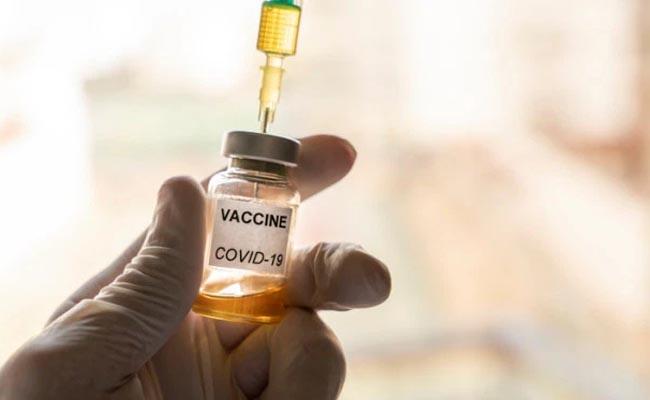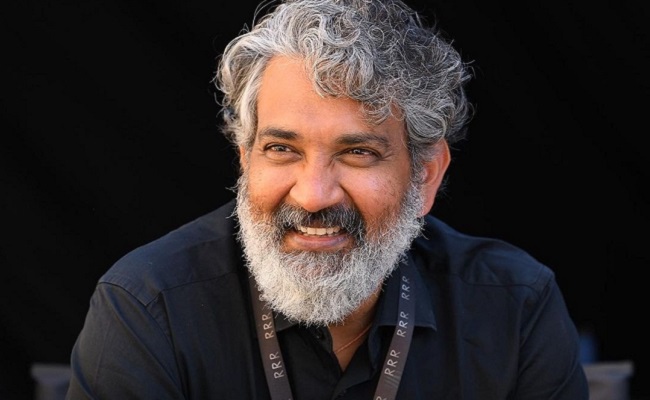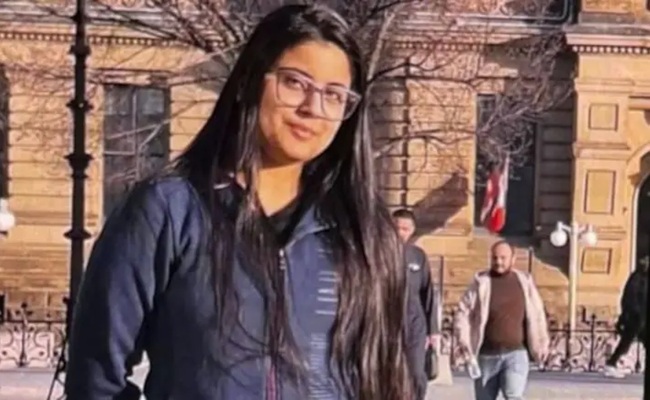
London: While over 100 vaccines are currently under pre-clinical trials and a couple of those have entered human trial stage, leading health experts have raised alarming questions about what if the world never sees a COVID-10 vaccine, as in the case of HIV and even dengue where there is no vaccine even after years of research.
According to a CNN report, "there is another, worst-case possibility: that no vaccine is ever developed".
In this outcome, "the public's hopes are repeatedly raised and then dashed, as various proposed solutions fall before the final hurdle", the report said on Sunday.
Nearly four decades and 32 million deaths later, the world is still waiting for an HIV vaccine.
An effective vaccine for dengue fever, which infects as many as 400,000 people a year according to the World Health Organisation (WHO), has eluded scientists for decades.
A vaccine to prevent dengue (Dengvaxia) is available in some countries for people ages 9-45 years old. But the WHO recommends that the vaccine only be given to persons with confirmed prior dengue virus infection.
According to the US Centers for Disease Control and Prevention (CDC), the vaccine manufacturer, Sanofi Pasteur, announced in 2017 that "people who receive the vaccine and have not been previously infected with a dengue virus may be at risk of developing severe dengue if they get dengue after being vaccinated".
"There are some viruses that we still do not have vaccines against. We can't make an absolute assumption that a vaccine will appear at all, or if it does appear, whether it will pass all the tests of efficacy and safety," Dr David Nabarro, professor of global health at Imperial College London, was quoted as saying in the report.
According to Dr Anthony Fauci, Director of National Institute of Allergy and Infectious Diseases (NIAID), the vaccine could happen in 12-18 months.
However, "we've never accelerated a vaccine in a year to 18 months," Dr Peter Hotez, dean of the National School of Tropical Medicine at Baylor College of Medicine in Houston, was quoted as saying.
The COVID-19 disease could be with us many years into the future and lockdown are not sustainable economically.
"It means the culture of shrugging off a cough or light cold symptoms and trudging into work should be over. Experts also predict a permanent change in attitudes towards remote working," said the report.
Currently, a vaccine candidate for COVID-19 was identified by researchers from the Oxford Vaccine Group and Oxford's Jenner Institute. The potential upcoming vaccine, ChAdOx1 nCoV-19, is based on an adenovirus vaccine vector and the SARS-CoV-2 spike protein.
According to the WHO, from a total of 102 candidate vaccines in the race, eight leading vaccines are in human testing phase.
What probably separates ChAdOx1 - known as recombinant viral vector vaccine - from the rest is the time it has promised to take in order to deliver mass quantities.
However, no one is 100 per cent sure, yet.













